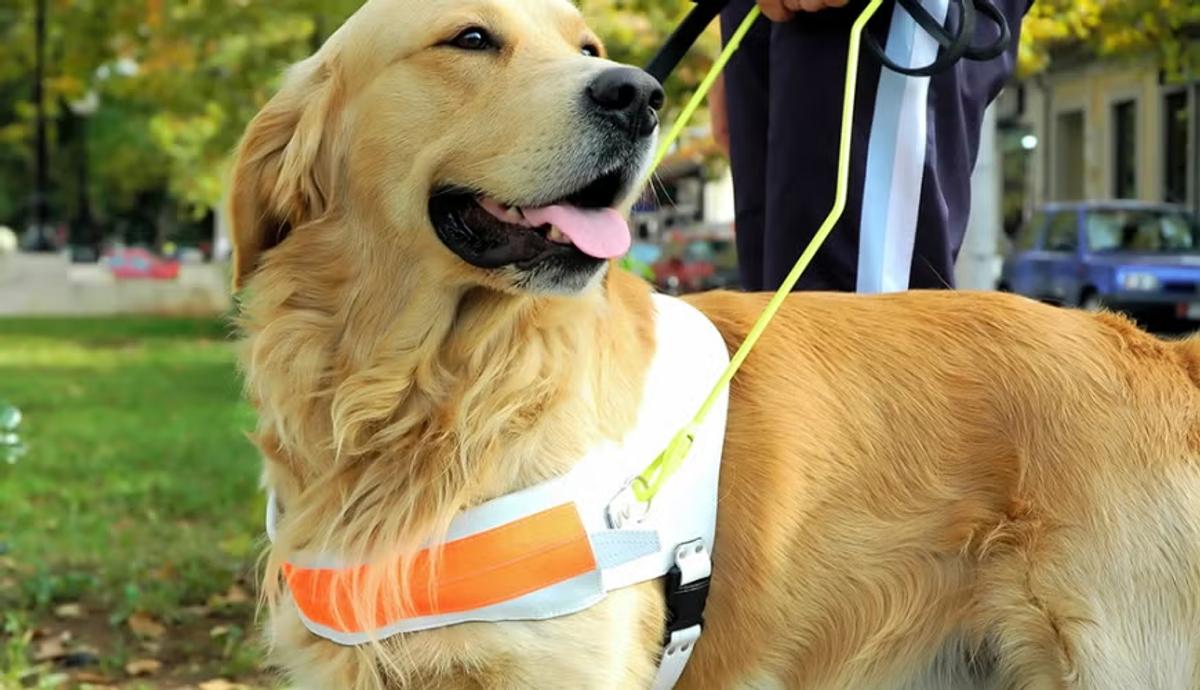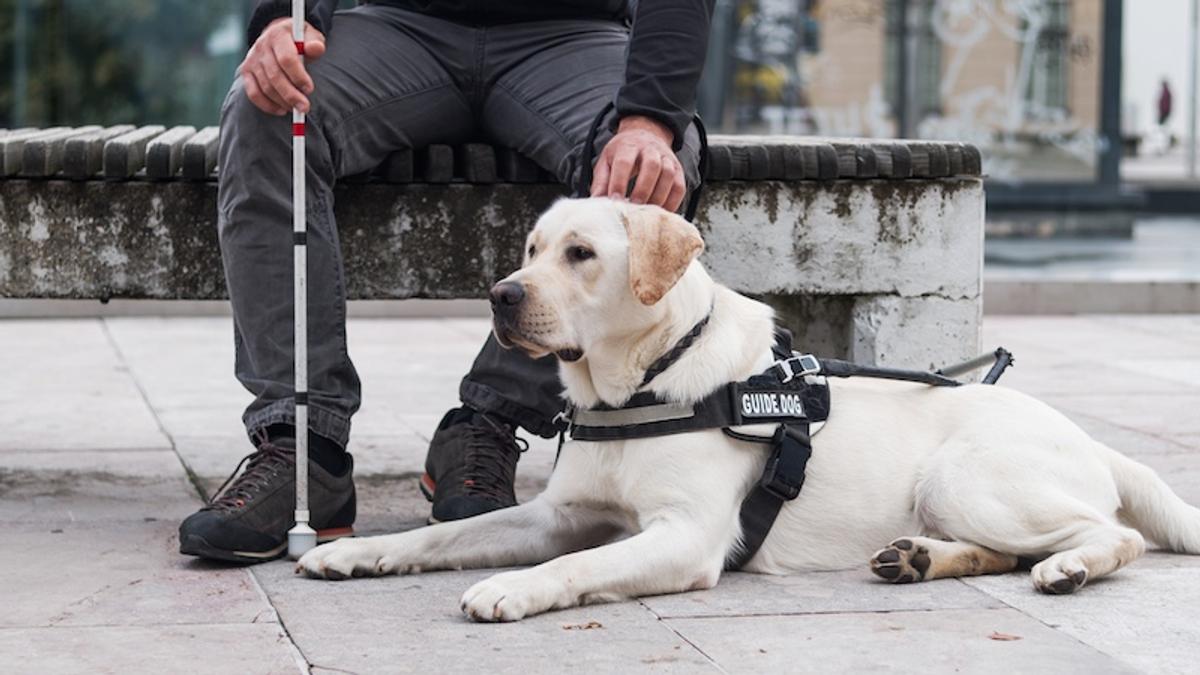Agency Practice

Avoiding critical errors when managing an assistance animal requests in rental properties
Recently, a First National agency was heavily criticised by an assistance animal advocate for several miss-steps in its management of a tenant’s request for permission to acquire an assistance animal.
The events which led to a formal complaint to National Support Office (NSO) highlight the critical importance of property managers understanding applicable legislation – the 1992 Disability Discrimination Act and other relevant state laws.
What’s the background?
- A tenant who is a veteran requested permission for an assistance animal in training – a Labrador
- He had lived in a 50 sqm unit on the first floor of an apartment building managed by FN for six years
- The FN agency managed some 70 units in the strata complex where animals were banned on common property
- The PM requested verification that the proposed animal was an accredited assistance dog
- The PM declined the application on the basis that the unit was too small, and that the tenant would need to carry the Labrador when on common property and in the lift
- The tenant elected to move out and secured new rental accommodation, but at a higher rate
- A service dog provider escalated a complaint to National Support Office (NSO) alleging numerous breaches of legislation
How the First National office perceived and responded to the request
As the manager of 70 units in an apartment complex where there was a ban on pets on common property, the property manager (PM) was accustomed to being misled by tenants requesting permission for a pet.
Perceiving that the request for an assistance animal may not be legitimate, and/or that the granting of permission could lead to a cascade of requests from other tenants in the complex, the PM requested verification that the proposed Labrador was indeed a verified assistance dog.
The Department of Veteran Affairs (DVA) and the CEO of the assistant dog provider wrote to the PM confirming that the dog was indeed an assistance animal in training. The PM allegedly did not respond. The tenant took the additional step of providing the PM with letters from a psychologist and a psychiatrist (which had not been requested).
Having considered the small size of the one-bedroom unit, the absence of a fenced outdoor area on title to the tenant’s unit, and the building’s ban on pets on common property, the PM declined the application. It is further alleged that the PM cited Fair Trading’s support of her decision, a fact disputed by the assistant dog provider.
What was the complaint?
The substance of the complaint was that:
- Our PM had disregarded Anti-Discrimination laws
- Our PM had made unlawful and invasive information requests
- Our PM was unresponsive to DVA communications
- Our PM made false claims about Fair Trading consultation
- Our PM’s actions forced the tenant to vacate his property and search for a more suitable, more expensive property
How should an assistance animal request be managed?
Property managers across Australia must navigate the balance between upholding leasing regulations and complying with anti-discrimination laws when a tenant requests permission for an assistance animal.
Assistance animals are NOT pets but rather are highly trained disability support services that enable a person with disability to safely participate in personal and public life activities.
Under the Disability Discrimination Act 1992 and corresponding state and territory legislation, it is unlawful to discriminate against individuals with disabilities, including refusing reasonable accommodations like assistance animals.
When a tenant submits a request, property managers can legitimately ask for evidence to support the need for an assistance animal. This may include:
- Verification of Disability: A simple letter or certificate from a registered health professional confirming that the tenant has a disability as defined by the law.
- Assistance Animal Certification: Documentation proving that the animal is trained to assist with the tenant's specific disability. This could be from a recognised training organisation or evidence of the animal's training and role. This evidence does not have to come from an accredited organisation.
However, property managers must be cautious not to overstep legal boundaries, which could contravene the Anti-Discrimination Act.
Actions to avoid include:
- Requesting Detailed Medical Records: Asking for sensitive medical information beyond the confirmation of a disability is intrusive and unlawful.
- Inquiring About the Nature of the Disability: Delving into specifics about the tenant's condition is unnecessary and can be discriminatory.
- Imposing Unreasonable Conditions: Placing undue restrictions or additional fees for the assistance animal is not permissible.
By focusing on necessary documentation and respecting the tenant's privacy, property managers can ensure compliance with the law. Open communication and a clear understanding of legal obligations not only protect property managers from potential discrimination claims but also foster an inclusive community for all tenants.
Property managers also need to be mindful of changing public opinion and, even more importantly, changing legislation in some jurisdictions concerning a tenant’s right to have a pet.
What can we learn?
While the property manager was entitled to request verification that the tenant’s proposed assistance dog was accredited, she was not entitled to ask for anything more than confirmation that the tenant was disabled. She also erred in considering the landlord’s desire to decline the request, the size of the property (despite this being a legitimate reason for a landlord to decline under some circumstances not involving a disabled person) and the Owners Corporation’s ban on pets on common property – each were nullified by the Disability Discrimination Act 1992.
In reality, the PM did NOT ask for letters from a psychologist or psychiatrist, but the tenant provided these details in good faith. In accepting the letters however, the PM was opened to unfounded criticism that she had stepped beyond the bounds of the law. It is considered unreasonable to ask for personal medical records in support of permission requests for assistance animals.
The failure to respond to Department of Veteran Affairs and associated correspondence contributed to a perception of obstruction, that the PM was not being open and transparent, or perhaps sought to sweep the matter under the carpet. This was not the case, however the failure to provide acknowledgement of receipt fell beneath the standard of professionalism expected of all First National members and their staff.
While the PM’s desire to fulfil the wishes of her client (the landlord) and the Owners Corporation is understandable, when a person claiming to have a disability requests permission for an assistance animal, they must be afforded due respect, and a property manager should focus on providing a dignified process for them to follow in order to obtain the necessary permission.
It would also be advisable for the PM, following the granting of permission, to provide written advice to Owner’s Corporation informing it that the landlord has granted permission in accord with the Disability Discrimination Act. Such a letter should also request that the Owner’s Corporation take any steps available to it to assure that residents understand why an exception has been permitted to the strata plans rules.
What animals can reasonably be considered assistance animals?
Traditionally, assistance animals have predominately been recognised as a ‘guide dog’ for people who are blind or have a vision impairment. Our understanding of what constitutes an assistance animal is evolving, and we should now understand that the support required for a person with disability can come from a variety of animals, supporting a range of people with disability.
Assistance animals can provide a variety of support to alleviate the barriers people with disability experience in daily activities. In addition to animals that assist people who are blind or have low vision, assistance animals can also provide support to people who are Deaf or hard of hearing; for people who require physical support for mobility or other functional tasks; people who are experience episodic and serious medical crisis (e.g. epilepsy, changes in blood pressure or blood sugar); and people who experience psychiatric disorders such as Post-Traumatic Stress Disorder, anxiety, hallucinations, panic attacks or suicidal ideation.
VIC/TAS - Property Management VCAT Refresher
Leah Calnan presented an excellent refresher of everything Victorian property managers need to know about the Victorian Civil & Administrative Tribunal (VCAT).
- Property management challenges
- Updates on changes in the rental market
- Upcoming changes to minimum standards for rental properties
- Sample VCAT case studies
Click the image to catch up now, if you missed it.







